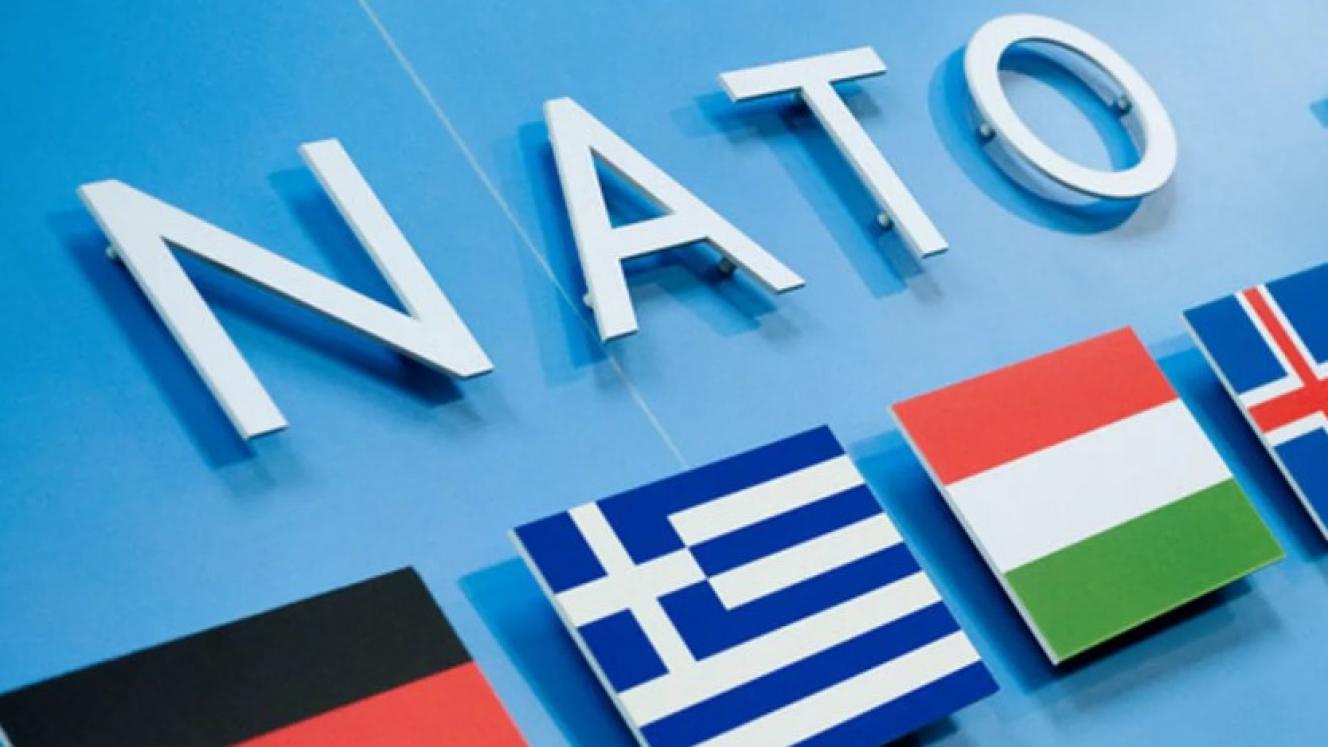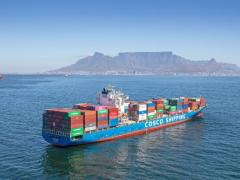The Liberia-flagged tanker Scarlet Ray was targeted by a missile off Yanbu, Saudi Arabia, on Sunday.
The vessel, managed by Singapore-based Eastern Pacific Shipping and linked to Israeli interests, had escaped damage, but the incident represented the first confirmed Houthi attack in the Upper Red Sea, Dryad Global said on Wednesday.
“Until now, this northern section of the Red Sea was considered a lower-risk transit route compared to Bab el-Mandeb and the southern corridor.
“However, the attack – claimed by Houthi leadership in direct response to Israeli airstrikes in Yemen – confirms that the group’s operational reach has expanded, likely supported by Iranian-supplied ballistic missiles and drones.”
Dryad warned that the implications of the attack were profound for vessels passing through the region.
“Israeli- US- and UK-affiliated vessels are now almost entirely excluded from safe transit through the Red Sea. Major shipping lines, including Maersk and MSC, continue rerouting via the Cape of Good Hope, driving up freight and insurance costs.”
It said Egypt faced mounting economic pressure as Suez Canal revenues had fallen by 40% since 2023, compounding its debt crisis.
“With container ship transits down 72% by late 2024, this escalation confirms that, without a Gaza ceasefire, normalisation in the Red Sea remains unlikely,” said Dryad Global.
Also, on August 31, the Belize-flagged cargo vessel NS Pride struck an unidentified explosive device near Odesa, Ukraine. The ship suffered damage but remained afloat, with no casualties.
“Ukrainian naval officials attribute the incident to the hazardous mix of floating mines and drone debris that continues to plague the Black Sea,” the security company said.
“Despite naval mitigation efforts, the region remains fraught with risks, complicating Ukraine’s ability to restore its pre-war export capacity through ports like Odesa.
“This incident highlights the persistent maritime hazards in the Black Sea, reinforcing its status as a key battleground in the ongoing Russia-Ukraine conflict.”
The incidents in the Red Sea and Black Sea were not isolated as they formed part of a wider trend of increasingly asymmetric maritime threats, Dryad Global added.
“From non-state actors leveraging advanced weaponry to cyber campaigns targeting critical infrastructure, the operating environment for global shipping continues to grow in complexity.
“Shipping companies, insurers, and governments must continually reassess risk profiles, adapt routing strategies and invest in cyber and physical security measures to safeguard global trade.”













